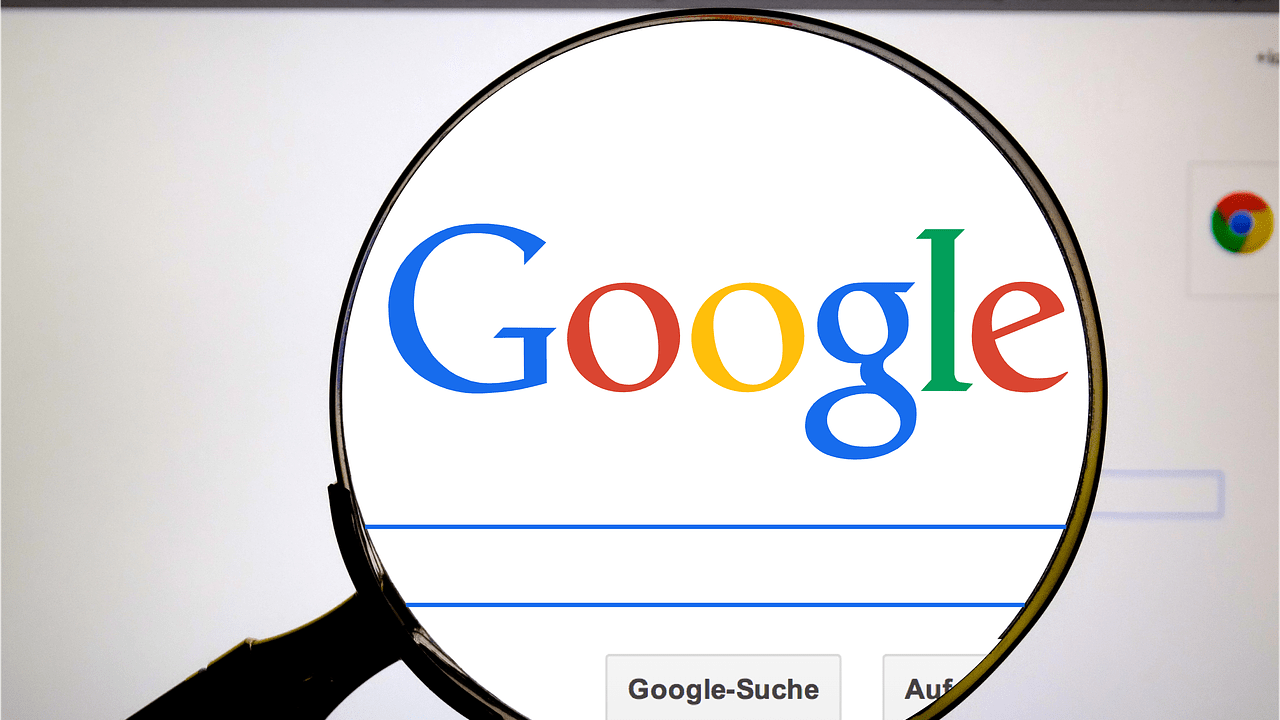
A long-simmering potential antitrust case against online search and advertising behemoth, Google, appears close to becoming a reality. The Wall Street Journal reported that the US Justice Department will soon file antitrust charges against Google – a time frame that the New York Times indicated on May 15 could be “as early as this summer.” The potential action would be “one of the biggest antitrust actions by the United States since the late 1990s,” when the Justice Department and 20 states joined together to sue Microsoft.
A Brief History of the Case Against Google
Scrutiny of the biggest U.S. technology companies is at an all-time high, and Google is no stranger to the glare of bipartisan spotlight in Washington. Recent incidents include CEO Sundar Pichai testifying before the House Judiciary Committee in December 2018, in what was the latest accusation in a decade’s worth of anticompetitive behavior. The Justice Department kept momentum moving in 2019, by announcing they would oversee Google while the FTC would handle oversight of Facebook, among others.
The government has been investigating a potential antitrust case against Google since 2019, with the Justice Department interviewing “Google’s competitors in the areas of search, advertising technology and news publishers” in an information gathering effort. A multi-state effort to gather more information into the company’s business practices gained steam in early 2020, with options to allow the states to share information with the Justice Department growing in March.
The antitrust movement, however, extends beyond the political arena. Smaller tech companies have been keener than ever to voice complaints about Google actively stifling competition. Exactly how competitive principles apply in the digital age with nascent and rapidly shifting technologies is an ever-evolving question, and one that has made it more difficult to bring action in the past. An FTC inquiry in 2013 ended without charges in a unanimous vote despite “some staff members at the agency [feeling] that there was sufficient evidence to press forward with a case.” To date, Google has not yet faced charges in the US for anticompetitive behavior.
The Potential Case
The landscape for Google is shifting. Yale economics professor and former chief economist of the Obama-era Justice Department from 2011-2012, Fiona Scott Morton, has outlined the possible case against Google in a paper published by the Omidyar Network, which “advocate[es] for stronger antitrust enforcement to curb the power of dominant tech platforms.”
The paper uses a December 2019 report from the UK’s Competition and Market Authority (CMA) as its basis – one its authors call “the best and most complete source of information” on the subject to date. The UK report “was notable because it gave specific numbers for Google’s market share in each link in the complex chain of software that advertisers use to buy ads on publishers’ websites,” according to the Wall Street Journal report. The CMA “found that Google had at least 90% market share in the tools publishers use to serve ads; between 40% and 60% of the market for supply-side platforms, or SSPs, the tools publishers use to accept bids from exchanges; and between 50% and 70% of demand-side platforms, or DSPs, the tools advertisers use to bid for digital ads;” additionally, the paper finds that “Google pays no ‘traffic acquisition costs’ because it needn’t pay any publisher for access to the ‘eyeballs’ that will see or interact with the ads it helps place…[instead] keep[ing] the entirety of ad spend for itself.”
In short, Google has its hands in multiple parts of the “rapid-fire computerized auction[s]” that take place between companies on Google’s platform to show ads to consumers. The government is asking if the company’s dominance of this auction system results in higher advertising prices than companies would pay otherwise. The Omidyar report believes the answer is yes.
The report finds that Google’s supply chain dominance, opaque pricing and value returns, and “virtually all roads lead through Google” model results in an “insurmountable data advantage derive[d] from its search engine and other properties as well as contract and design choices.” The alleged result is higher prices for consumers and less quality content available for consumption.
The Path Forward
For its part, Google does not agree with the CMA’s findings, refuting its accusations in a 25-page document. In September 2019, the company also affirmed that the ad tech industry “is famously crowded,” noting “flourishing” competition and “enormous choice” for publishers and marketers, as evidenced by a report on 155 digital publishers from advertising and marketing industry research firm Advertiser Perceptions. In the same article, Google touts its past regulatory reviews, and declares itself “happy to answer any questions about these issues” going forward.
Whether the Justice Department brings a case or not, there is no guarantee of its success. History suggests that antitrust cases are widely unpredictable in most cases. European regulatory action against big technology companies – perhaps the strongest in existence – has been strong but slow, with little major change to note. US Justice Department action is not a guarantor of change, or a harbinger of an anti-Google outcome. Antitrust cases are predictably difficult, protracted affairs – perhaps the only inevitable element about them.







